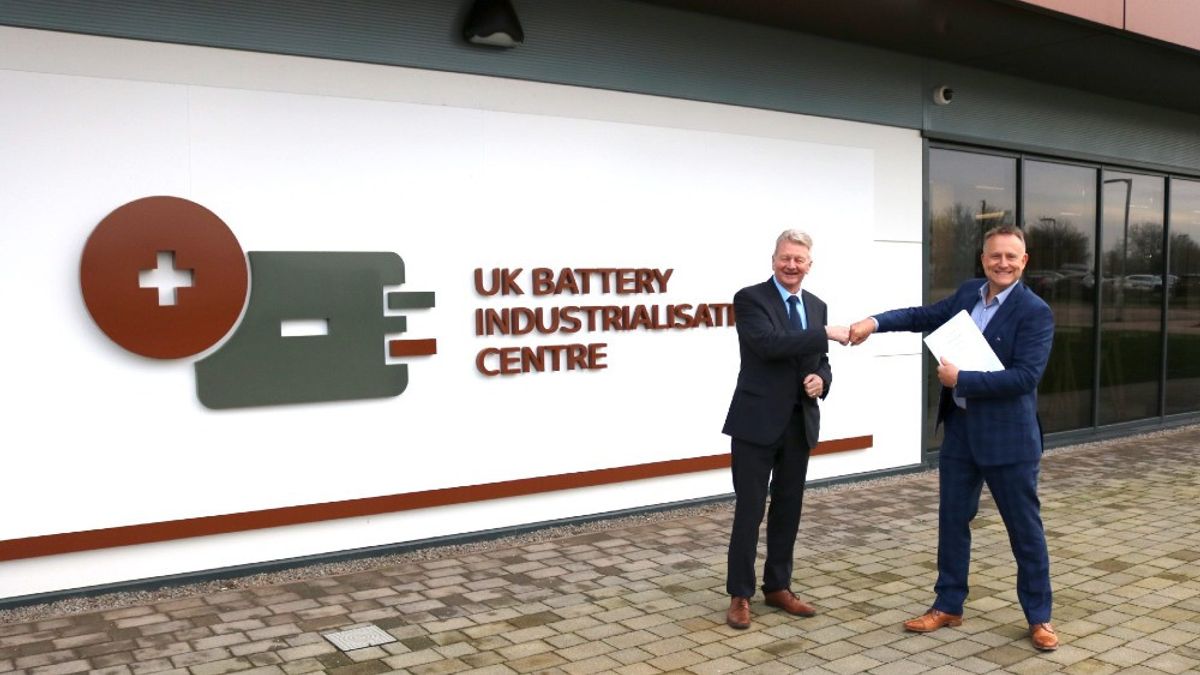JAKARTA - Britishvolt said on Friday, January 28 that it would develop batteries for fully electric sports cars in partnership with British automaker Lotus. They were the first publicly announced customers for the electric vehicle (EV) battery startup.
Britishvolt says the research and development that will be going into developing battery cells for high-performance sports cars for Lotus will eventually flow downwards to benefit battery cells for more affordable mainstream EVs.
Lotus, which is owned by Geely China and Etika Automotive Malaysia, said it hopes to sell only full-electric models by 2028. The sports car maker will also expand its reach to include high-end electric sedans and sports vehicles.
"Lotus is delighted to be collaborating with Britishvolt to develop new battery cell technology to demonstrate the thrilling performance that the Lotus EV sports car can deliver," said Lotus Managing Director Matt Windle in a statement.
Automakers are racing to develop EVs ahead of bans on fossil-fuel cars in Europe and China emerging in the coming decades.
That target poses a challenge for sports car and supercar makers, who need lots of sustained power without a lot of extra battery weight on their bodies.
"Lotus is a performance brand with ambitious plans," Britishvolt chief executive Peter Rolton told Reuters during a construction site visit for Britishvolt's planned battery plant site in the northern English city of Blyth, a former large coal storage site overlooking the North Sea. .
"For that to work, they have to have performance to match the vehicle and you're not going to get that from standard batteries," Rolton said of the special batteries that will be used for the Lotus sports car.
Rolton said Lotus was the first to order in a number of customer announcements Britishvolt will make in the coming weeks, including for high-performance vehicles, mainstream EVs and electric commercial vehicles that will require long-lasting, long-lasting batteries.
Last week Britishvolt secured British government support for its Blyth plant, unlocking £1.7 billion in private funding from logistics real estate investor Tritax and investment firm abrdn plc.
When the 3.8 billion pound, 45 gigawatt-hour (GWh) plant is fully operational by 2027, it should be able to produce battery packs for more than 450,000 EV annually.
The English, Chinese, Japanese, Arabic, and French versions are automatically generated by the AI. So there may still be inaccuracies in translating, please always see Indonesian as our main language. (system supported by DigitalSiber.id)













